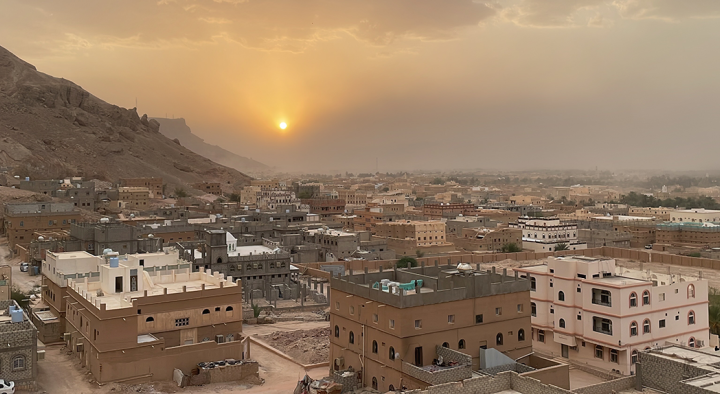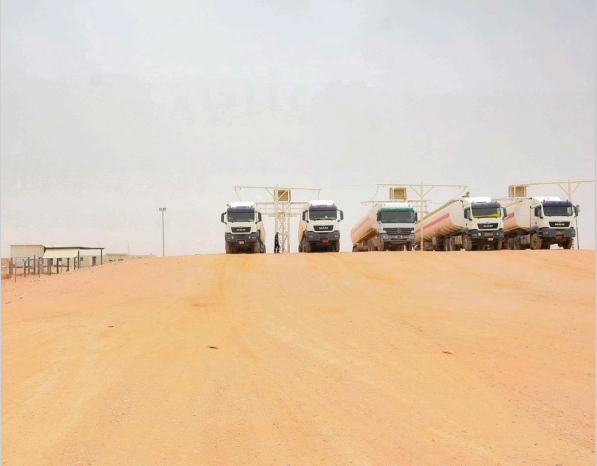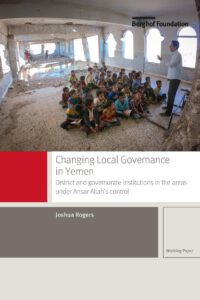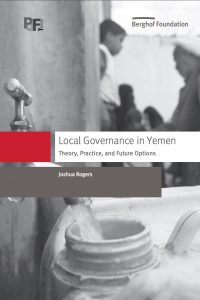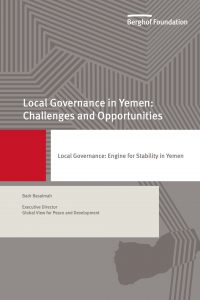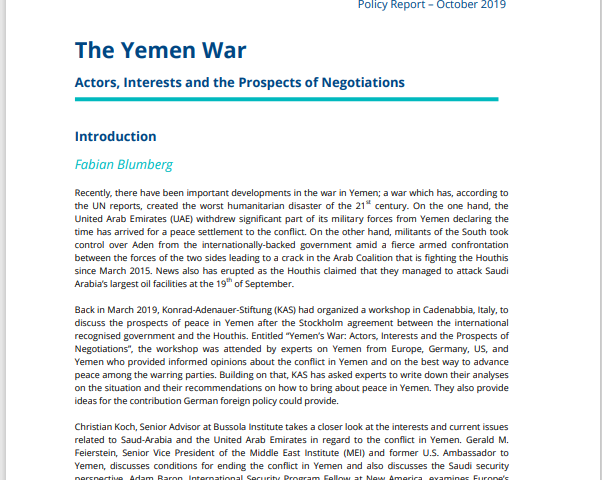
Study of Ansar Allah’s takeover of security institutions in Hodeidah governorate and its impact on the role of the police, aqils, and tribal leaders.
Recently, there have been important developments in the war in Yemen; a war which has, according to the UN reports, created the worst humanitarian disaster of the 21st century.
On the one hand, the United Arab Emirates (UAE) withdrew significant part of its military forces from Yemen declaring the time has arrived for a peace settlement to the conflict. On the other hand, militants of the South took control over Aden from the internationally-backed government amid a fierce armed confrontation between the forces of the two sides leading to a crack in the Arab Coalition that is fighting the Houthis since March 2015.
News also has erupted as the Houthis claimed that they managed to attack Saudi Arabia’s largest oil facilities at the 19th of September.
Other resources you may be interested in:
The Hadhramawt National Council: A strategic move or a tactical reaction?
Discussion of the HNC’s potential to serve as an inclusive platform for Hadhrami aspirations and its challenges in establishing a clear strategic direction, while analysing whether it represents a strategic initiative or a tactical response to regional and local dynamics. The paper recenters HNC’s main role as to unify various Hadhrami movements advocating for greater […]
Corruption in Hadramawt’s Electricity Sector
Analysis of the situation of the electricity sector in the governorate of Hadhramawt, highlighting problematic procurement practices to the benefit of a few influential public officials and business moguls, and calling for more accountability, transparency and oversight. Corruption in Hadramawt’s Electricity Sector
Recovering Lost Ground in Shabwa’s Oil Sector
Policy brief highlighting the pivotal role of the governorate of Shabwah in Yemen’s oil sector. It criticises the predominant role of international oil companies and the central government in Shabwah’s oil sector, and proposes a localisation, including the establishment of a local oil refinery, to meet local demands and to become more sensitive to developmental, […]


